Search
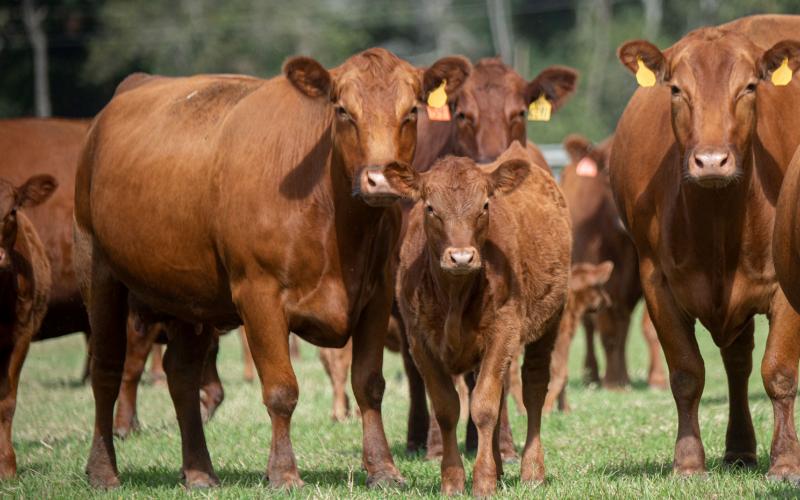
The Bovine Estrous Cycle
Fact sheet on the bovine estrous cycle. Available in English and Spanish.
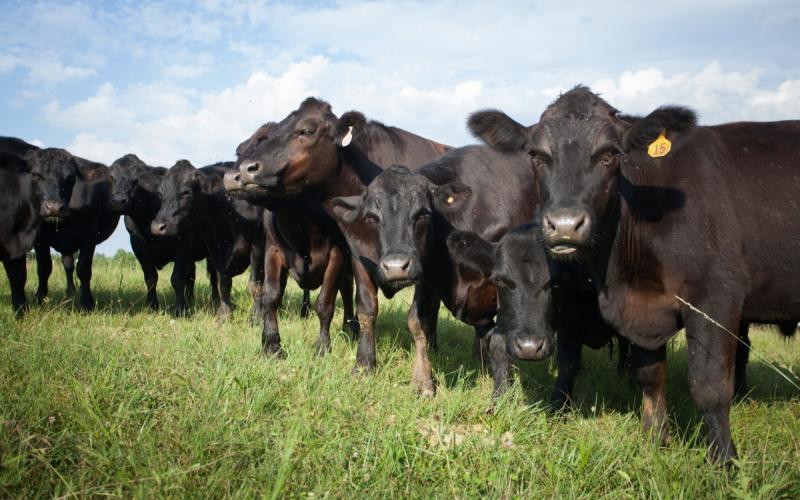
Understanding Estrous Synchronization of Cattle
Fact sheet on the use of estrus synchronization of cattle. Available in English and Spanish.
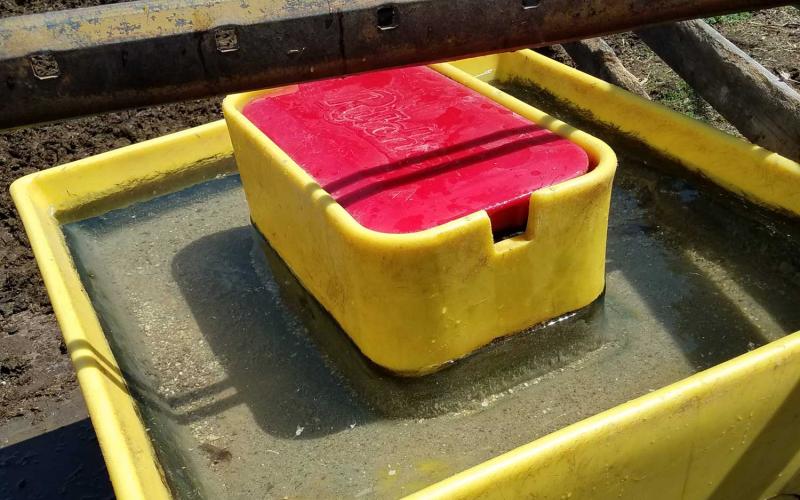
Water: The Unappreciated Nutrient
Water intake is strongly linked to feed intake, so any factors that cause cattle to drink less will lead to reduced feed intake and consequently reduced performance.
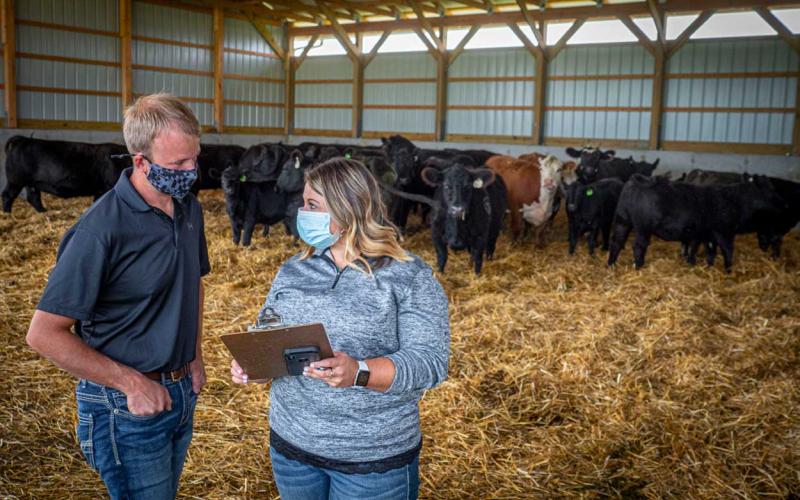
COVID-19 Tips for Farms and Ranches
Continuing to keep employees and family members healthy through the COVID-19 pandemic will require extra effort as you enter the busy time of fall harvest.
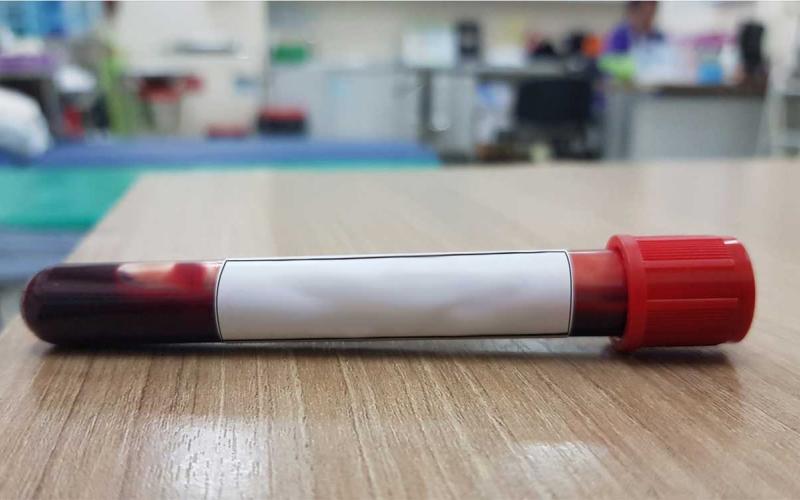
Minimizing the Neospora Threat by Using Serology in Beef Replacement Heifer Selection
Neospora caninum is one of the lesser-known causes of infectious reproductive failure in beef herds. It’s always possible for herds to encounter new Neospora infections in a given year, but in herds in which it’s already established, using Neospora serology can be one consideration in choosing replacement heifers.
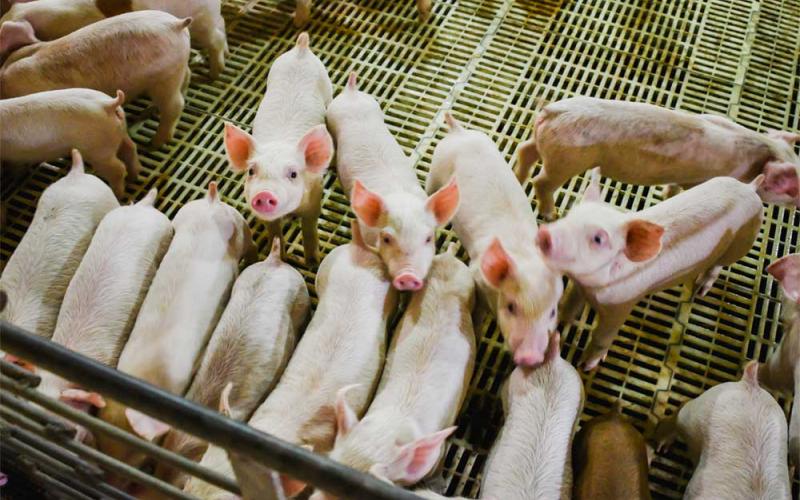
Tribasic Copper Chloride Source Shows Promise in Weanling Pig Performance
One of the many challenges in swine production is getting newly weaned pigs off to a good start. Research has found that tribasic copper chloride supplemented into nursery pig diets can be effective at improving growth performance and intestinal health of weanling pigs.

Grain Overloads: A Possible Consequence of Cornstalk Grazing
Corn residues are a great source of winter feed, but in certain situations, cattle producers should be aware of the possibility of grain overloads, which can impact herd health.
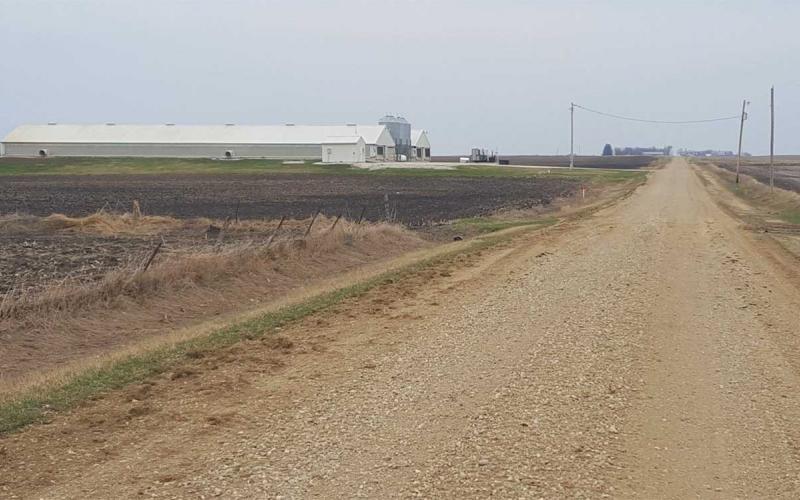
Air Infiltration in Swine Barns
Air infiltration in large, confined swine operations has been an on-going problem for producers for many years. Regardless of technological advancements in building design and construction, unwanted air penetration continues to be a consistent problem.
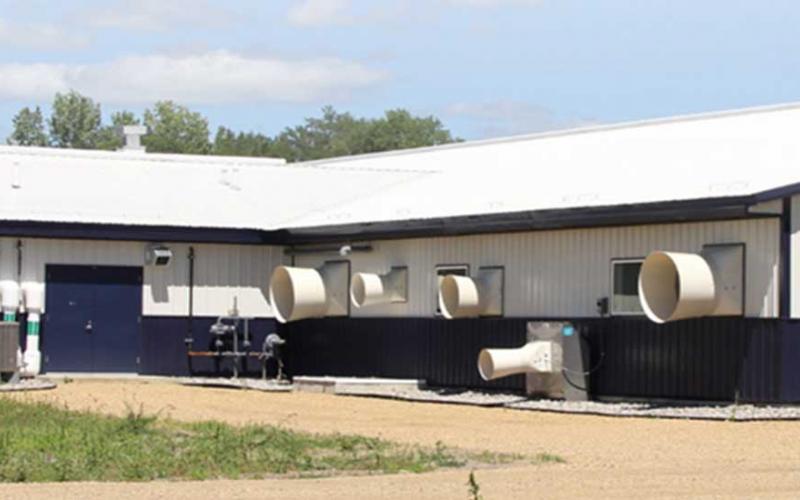
Understanding Fan Performance Metrics and Variability
As we move into the summer season, it is important to check for proper function of fans in your operation. When selecting new or replacement fans, it is critical to evaluate the flowrate requirement at the static pressure you will be operating, compare the efficiency of fan options, and ask your equipment supplier for detailed performance specifications.
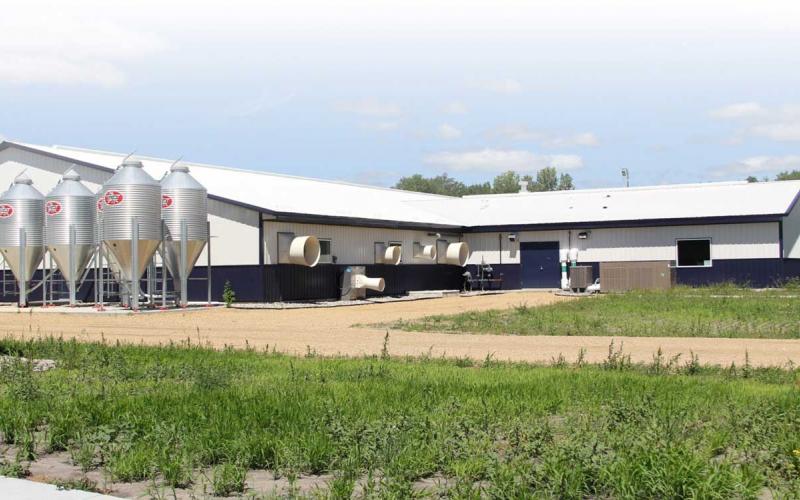
Basic Ventilation System Design for Pork Producers
Ventilation systems have the potential to maximize swine production with regard to animal growth and performance. Understanding the rationale behind their design can help any manager do the best job possible.